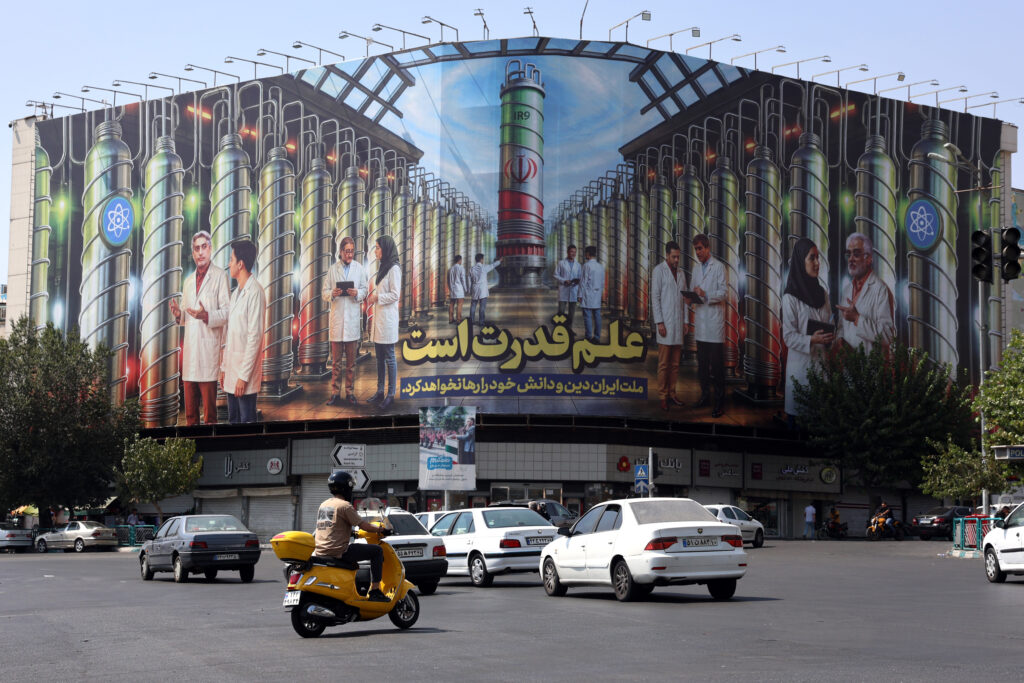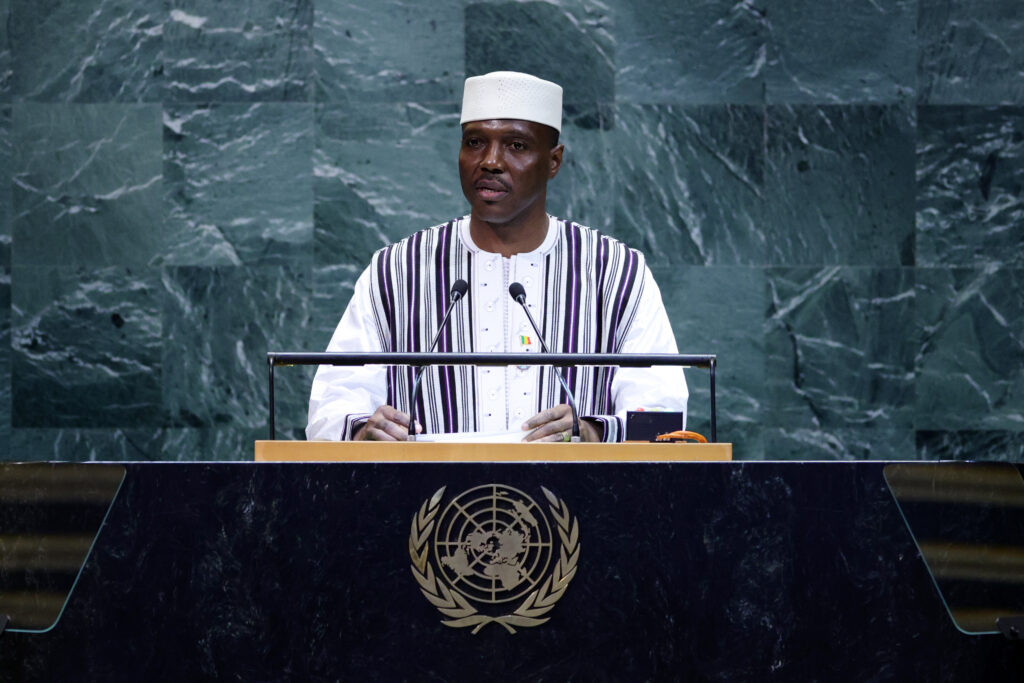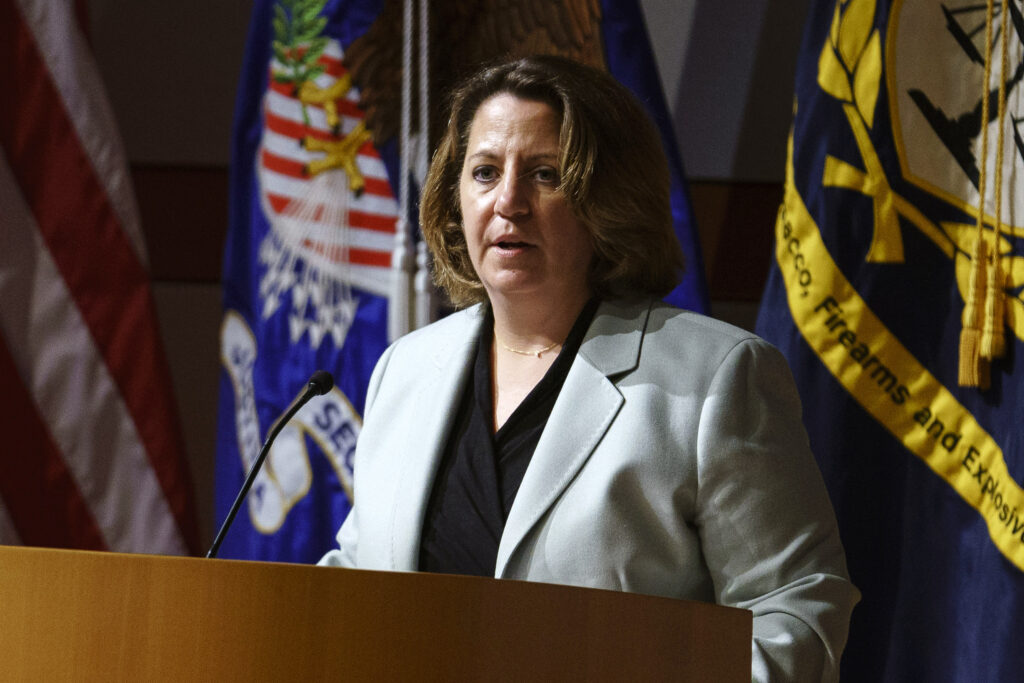Foot: OL Lyonnes – PSG, toujours un choc malgré l’écart qui se creuse
Avant le début de la Ligue des champions début octobre, l’OL Lyonnes et le PSG s’affrontent samedi (21h00) en Première ligue pour le premier choc de la saison malgré l’écart qui se creuse entre les deux clubs.”Par rapport aux dernières saisons, le match arrive un peu tôt mais avec la Ligue des Champions qui approche ensuite, il est important pour nous de monter en rythme”, a expliqué la capitaine lyonnaise Wendie Renard, avant l’affiche au Groupama Stadium, où le club espère dépasser la barre des 10.000 spectateurs (sur les 60.000 places) en mettant en place des animations avant et après la rencontre. Lyon-Paris, c’est la grande rivalité de la Première ligue mais elle est outrageusement dominée par l’OL Lyonnes qui règne sur le championnat depuis 2007 avec 18 titres, contre un seul pour le PSG (2021), de plus en plus impuissant face à la force de frappe des Lyonnaises.En mai, leur dernier affrontement en finale du championnat s’est achevé sur une défaite 3-0 des Parisiennes qui ont depuis perdu deux joueuses cadres, la milieu de terrain Grace Geyoro, partie rejoindre les London City Lionesses et l’attaquante vedette Marie-Antoinette Katoto, qui a garni les rangs de… Lyon.Rien ne devrait équilibrer les débats cette saison au vu de l’effectif lyonnais considérablement renforcé cet été et désormais entraîné par l’ancien coach du Barça Jonatan Giraldez.Pour reconquérir une Ligue des champions qui lui échappe depuis 2022, le club dirigé par la femme d’affaires américaine Michele Kang a recruté sans compter: l’Allemande Jule Brand, l’une des stars du dernier Euro, la Canadienne Ashley Lawrence (ex-Chelsea et ex-PSG), la Brésilienne Tarciane, la Norvégienne Ingrid Engen, mais aussi donc les joueuses du PSG, Korbin Albert et Marie-Antoinette Katoto.- “Mes joueuses sont prêtes” -“Nous avons des recrues qui se sentent bien, cela se passe bien avec le coach, on est toutes contentes”, a commenté jeudi la jeune attaquante Vicki Becho, 21 ans.Pure “titi”, Katoto, 26 ans, a fait le même choix que Tabitha Chawinga, la saison dernière, et que Kadidiatou Diani, il y a deux ans, de quitter Paris pour Lyon.”C’est important d’avoir dans notre effectif des ex-joueuses du PSG pour connaître la mentalité particulière des Parisiennes quand elles jouent contre Lyon”, a expliqué Jonatan Giraldez, qui a considérablement changé le jeu des Lyonnaises depuis son arrivée.Le PSG, lui, est en pleine reconstruction après une saison harassante ponctuée de résultats décevants et de tensions en interne.Emmenées cette année par la nouvelle capitaine Sakina Karchaoui et par les recrues Rasheedat Ajibade, attaquante et capitaine du Nigeria, et Olga Carmona, défenseuse, ancienne capitaine du Real Madrid, les Parisiennes, toutes disponibles samedi, cherchent à rebondir avec le départ de Geyoro et Katoto.”Je ne regarde pas les noms des joueuses là-bas, ce qui m’intéresse c’est que mes joueuses soient prêtes pour ce match”, a expliqué vendredi Paulo Cesar, conforté cet été à son poste après son intérim en fin de saison dernière à la suite de l’éviction de Fabrice Abriel.”Le futur, c’est que nous allons être compétitives, je n’ai que des internationales, j’ai beaucoup de confiance en mes joueuses”, a insisté le coach, “satisfait” du mercato, durant le lequel le club a tenté de faire venir la star espagnole Alexia Putellas. En vain.





